Fancy getting off the beaten track of big Portuguese cities like Lisbon or Porto? If you are in Porto this summer, dare to go on a one-day adventure! Leave the city, take the train towards Peso da Regua, walk along the Douro river, and immerse in the green hills covered with vineyards.
The train journey is a change of scene in itself. The former steam train which used to connect the Douro valley to Porto does not operate anymore (it still works, however, very occasionally, for nostalgic people), but has been replaced by a more modern regional train. It allows us to leave Porto from the heights, going through small mountains and hills, before coming down again to the banks of the river Douro.
Once you reach Peso da Regua, walk explore the town, seek pretty azulejos (painted tin-glazed ceramic tilework, with each pattern more original than the other) and other painted frescos tracing the region’s history. Let yourself be tempted by a meal aboard one of the numerous small cruise ships sailing on the river Douro. Go up to one of the numerous miradouros of the town and admire the terraces covered with vineyards.
The vine plays an essential role in the economic development of the region. In 1756, Sebastião José de Carvalho e Melo, first Marquis of Pombal and Portuguese politician in charge of an important modernisation of the country in the 18th century, founded the Companhia Geral das Vinhas do Alto Douro, the Douro Wine Company. Then, granite stones (marcos de Feitoria) delimited the region producing Douro wines, giving birth to the first delimited winegrowing region in the world.
Thanks to its strategic location, central and directly adjoining the river, Peso da Regua develops a more and more important commercial role. The wine arrives in this city and is sent to Porto (and the rest of the world) by this river. Yet, vineyard work in the Douro valley is far from being easy. It is actually the result of centuries of relentless leveling efforts in the hills, despite limestone rock, and of culture, despite a poor soil, scorching summers and aggressive winters.
International capital of wine and vine
Finally, Peso da Regua is not only one of the most important towns of the region, but also the international capital of wine and vine. The tourist attraction is thus strong. This is the reason why numerous institutions linked to vine or the Douro river set up here, such as the Casa do Douro (House of Douro), the Instituto dos Vinhos do Douro e Porto (Wine Institute of Douro and Porto), the Rota do Vinho do Porto (Porto Wine Route), and the Instituto Portuário e dos Transportes Marítimos – Delegação Douro (Harbour and Sea Transports Institute – Douro Delegation).
After reading this postcard, you might think that only one day spent un Peso da Regua is not enough to discover all its richness, and you are certainly right! So take the time to visit, to go see the lands and meet the locals, and go see another small town to the east of Peso da Regua, Pocinho. To go there, take the train again and ride along the Douro on one of Europe’s most beautiful railway tracks. Once there, you can quietly take a walk in the small town of Pocinho, which shouldn’t take long, and board for a cruise down the river to Peso da Regua. Finally, get back on the train and go back to Porto with stars in your eyes!
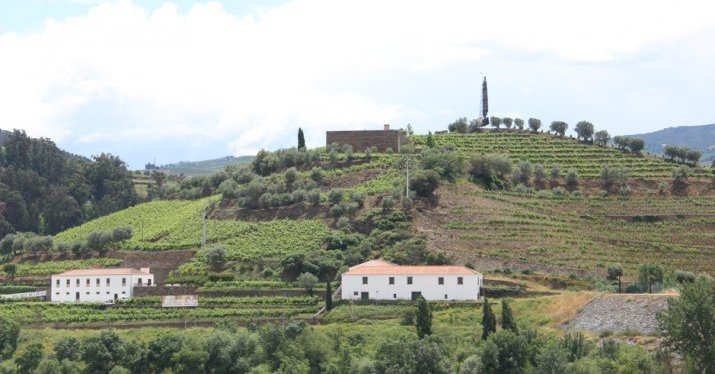

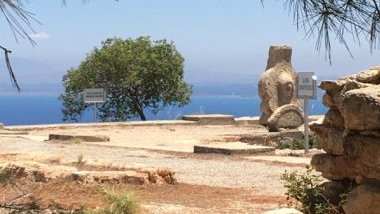
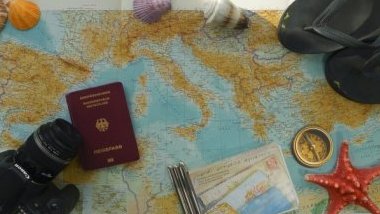
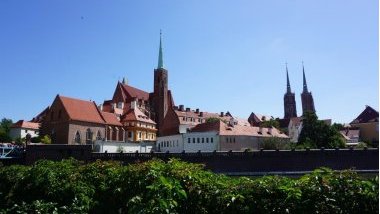
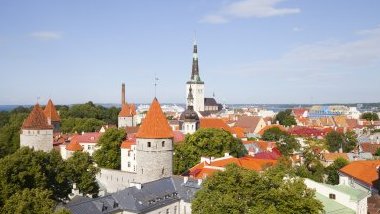
Follow the comments: |
|
